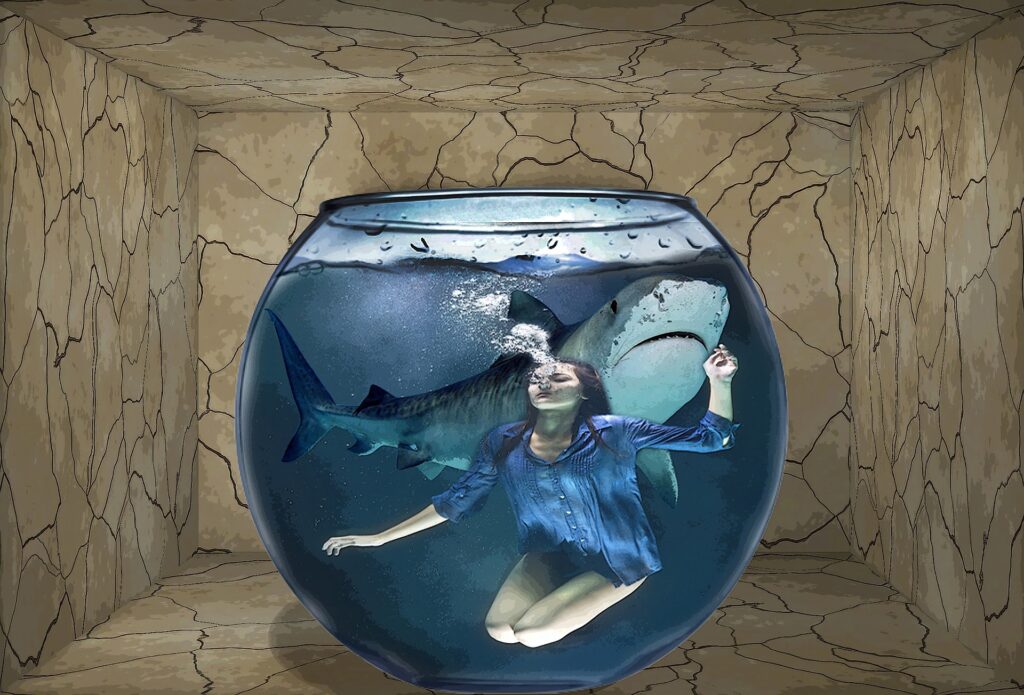The Comfort Crisis. Is it rapidly becoming the newest risk to our health?
It’s being dubbed the ‘new smoking’, but why?
As technology develops and advances, the human race sadly seems to be heading in the opposite direction, we’re slowing down.
Let’s take a look into this, shall we?
We’re moving less, eating more, staying indoors for extended periods of time and physically socialising less and less.
Yet, we are becoming sicker, less satisfied and more anxious and depressed than ever before.
How could this be if we are living in a time when we have everything we’ve ever needed for a happy life? There has to be a reasonable answer.
What is the ‘Comfort Crisis’ we are referring to?
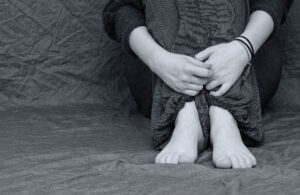
Many people have been labelling it the “comfort crisis” in recent years. This term refers to the idea that, despite all the modern conveniences and technological advances we enjoy, people are feeling increasingly stressed, anxious, and dissatisfied with their lives.
What is causing this comfort crisis?
Humans are biologically wired to excel in tough survival situations, we’re no different to any other animal that has predators, except that’s now become part of the problem.
We’re at the top of the tree now. Rarely do we have to tap into our primordial nature, to face danger, fight or flee, survive the cold or fight for our food. These are muscles we’ve forgotten how to flex, efficiently.

Our stressors are no longer, short, sharp and controlled. They’ve become chronic, leading us to heightened anxiety and losing the ability to control the stress back down to a baseline.
Below we look at some of the many factors that have led to our comfort crises.
Technology and Artificial Intelligence
Technology. Let’s face it, it’s incredible, impressive and downright scary, too. Great human feats have been achieved through the invention of great technological advances. Although, suffice to say, everything great in life comes at a cost.
This isn’t a dig at tech, by all means, we’re fans of it, how else would we be writing this blog?!
It’s here to stay, but if you can learn to become a disciplined user, you’ll already be one step ahead of many.
Unfortunately, devices now have control of us, it’s no longer the other way around.
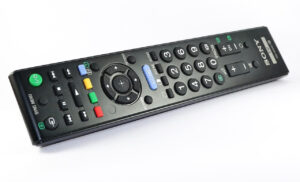
Look around you, how many devices could you quite easily walk over to and manually operate without opening an app on your phone from upstairs? Figure out which ones are really lazy and just as easy to do if you can get up out of your seat.
You might find the compounding factor of moving that 10 metres extra each day will add up to a significant amount more energy expenditure over a week, a month or even a year, without going out of your way to make effort for exercise. It’s simply, a little more effort on the smallest of daily tasks.
Overstimulation and Information Overload
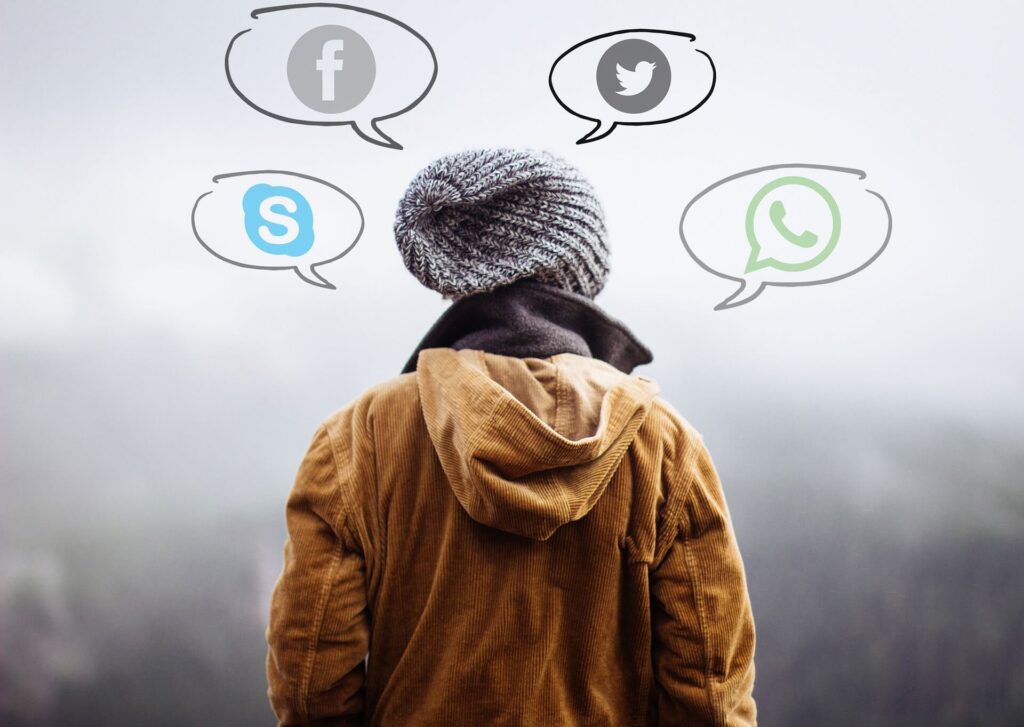
Another factor contributing to the comfort crisis is the constant stimulation and information overload that many of us experience. We are bombarded with information, notifications, and distractions from our devices and social media. This can lead to a constant state of anxiety and restlessness.
Smartphone addiction has become very, very real. It detaches our reality, we immerse ourselves inside another world. The bubble we choose can make us or destroy us.
It’s important to set boundaries around our use of technology and to make time for quiet and reflection. This might involve taking regular breaks from social media, and the news, turning off notifications, and spending time in nature or engaging in activities that promote relaxation and mindfulness.
Create a bedtime habit, just as your parents did when you were a child. They wanted you to sleep, surely you want to be able to relax into a slumber as an adult too? A clear and fulfilled mind, excited to live for the next day.
Quieten the mind and your environment. Maybe with a book, low lights, light conversation with a partner, a meditation, stretch or breathing exercise. It’s important to go to bed with under-stimulation rather than overstimulation. Quieten the mind.
Disconnection from Nature and the Environment

Many people today spend most of their time indoors, disconnected from nature and the environment, which can contribute to a sense of disconnection and isolation, as well as contributing to feelings of stress and anxiety.
One of the most important things we should do in the morning is to get sunlight into our eyes and place our feet on the ground. It sounds ‘woo-woo’ but science strongly backs it up. This will set and align your circadian rhythm, thus helping your energy throughout the day and optimising your sleep at night. Cortisol and Melatonin (your waking and sleep hormones) rise and fall at the correct times.
We hide in the dark when we should be in the natural light and shine bright LEDs in our eyes when it should be dark, readying our bodies for sleep.
Our homes are maintained at a constant temperature throughout the year leading to colds and flu viruses that are hard to shake off. Stepping into a cold shower a few times a week or a cold plunge keeps your physiology in check, and keeps your immune, nervous and vascular systems strong and adaptable!
Try to get outside in nature, do some gardening, walk between the trees, stand high on a hill with a viewpoint, and breathe in the open air. Don’t suffocate yourself within the walls of your home. It will make you miserable.
The simple act of walking in nature is one of the best ways to relieve stress, anxiety and depression. Is it a cure? No, but it’s a great start towards freeing yourself and giving you the motivation to improve your physiology.
Lack of Physical Activity and Exercise
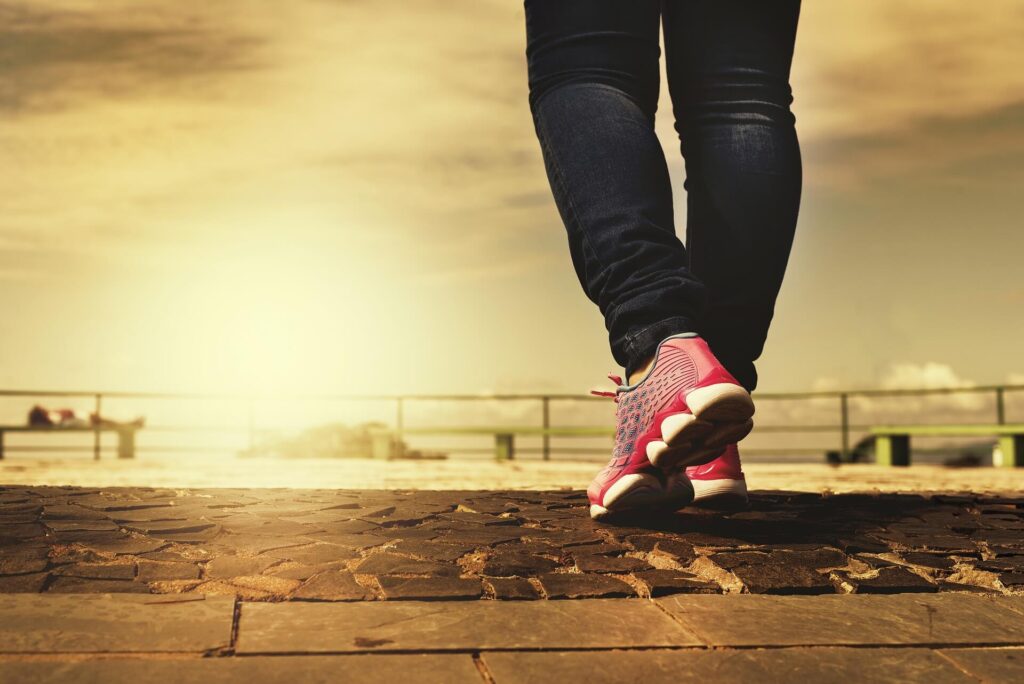
Many people today lead sedentary lifestyles, which can lead to a range of physical and mental health problems.
It’s important to make time for regular exercise and physical activity. This might involve joining a gym, taking up a sport or fitness class, or simply going for a daily walk.
Exercise has time and time again proven to increase every feel-good hormone under the sun!
Find the exercise you enjoy, and find a friend who will participate with you and become your accountability partner. Be playful again like you once were when you were a child. PLAY IS NOT JUST FOR CHILDREN!
Lack of meaning and purpose
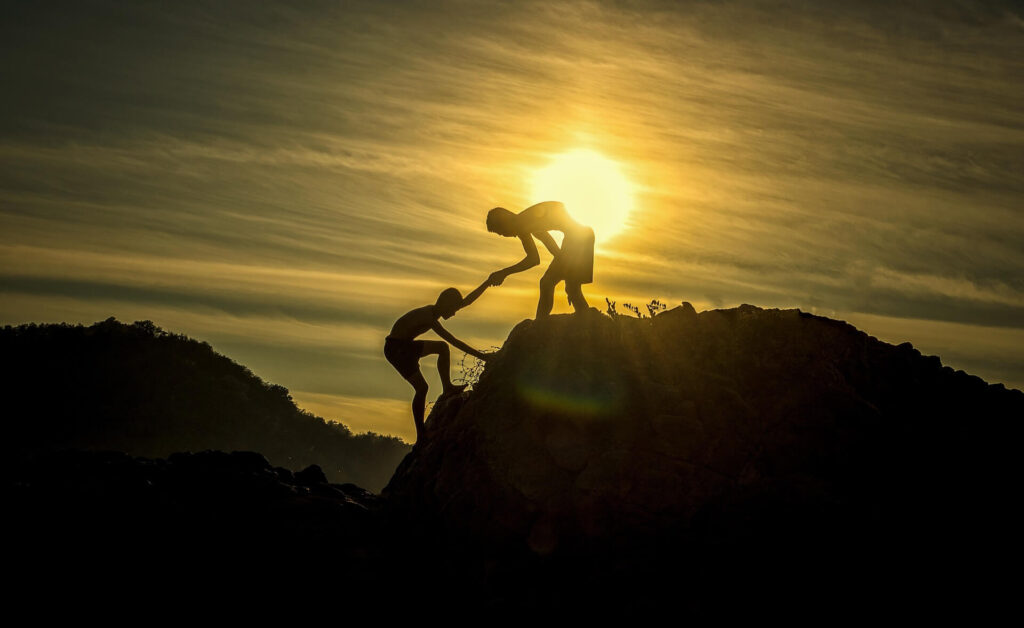
One of the main factors contributing to the comfort crisis is a lack of meaning and purpose in our lives. When we focus solely on material comfort and convenience, we can easily lose sight of what truly gives our lives meaning and value. We may feel bored, unfulfilled, and disconnected from others.
Find something you enjoy, something you can feed into the world that will be a small seed of hope for somebody else.
We often find that giving is far more mentally profitable than receiving. Give hope, give a reason and purpose will find its way to you. These are all simple rules found within the law of attraction, we reflect a positive energy, and we receive positive energy in return.
By focusing on finding meaning and purpose, setting boundaries around technology use, connecting with nature, and prioritising physical activity, we can begin to overcome this crisis and lead happier, more fulfilling lives.
The comfort crisis is a complex issue that requires a multifaceted approach to address.
DO SOMETHING EVERY DAY THAT MAKES YOU FEEL UNCOMFORTABLE AND YOU WILL GROW.
REFERENCE READS: The Comfort Crisis by Michael Easter
Seek and Discover
